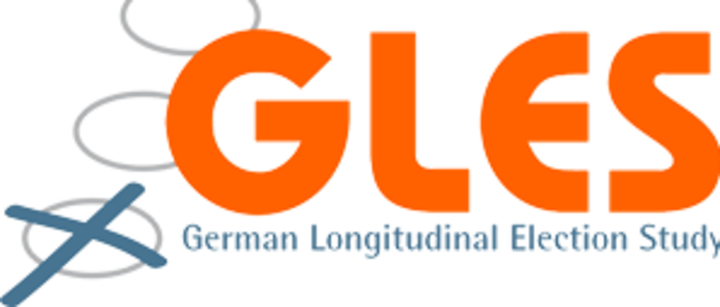German Longitudinal Election Study
Long- and Short-term Panel Studies

At the occasion of the 2013 Bundestag election, the multi-facetted GLES research design has been realized for the second time. The project both provides an unprecedented wealth of high-quality data to the scientific community shortly after the election and produced numerous publications focusing on the 2009 and 2013 elections and electoral change from various perspectives. Among other things, a book-length study of electoral change in Germany was published with Oxford University Press, and comprehensive analyses of the 2009 and 2013 elections were published with Nomos. In the third funding period from 2015 to 2017, the well-proven design will be applied to the 2017 election, thus broadening the longitudinal perspective which is at the heart of GLES. Harald Schoen is one of the principal investigators of the GLES project and directs the Long- and Short-term Panel Studies.
Long-term Panel
The face-to-face long-term panel is an integral part of GLES that connects both to the cross-sectional surveys and to previous elections, thus providing comprehensive data to study the incidence and patterns of long-term electoral change in Germany at the individual level. About 1,300 respondents were interviewed in 2009 and 2013. Additionally, about 1,800 respondents from the 2013 cross-section were willing to be re-interviewed. In the third project period, annual re-interviews with the respondents from the 2009 and 2013 cross-section surveys will be conducted which will provide the base for analyses of long-term individual-level dynamics of public attitudes and behaviour over several subsequent elections. These annual interviews will be conducted in a mixed-mode design where priority is given to web interviews as a first step to merge the short- and long-term panel studies in the future.
Short-term Panel
The short-term campaign panel is designed to analyse intra-individual developments of political attitudes and political behaviour during the electoral campaign. In 2013, a similar design as in 2009 was applied, enriched by the inclusion of three independent cross-sections as control groups. In total, 5,256 respondents participated in the 2013 campaign panel, 1,011 of which had already participated in the GLES campaign panel of 2009. Almost 3,500 persons completed all seven waves. Due to a number of measures, retention rates could be further improved when compared to 2009. Beginning in 2014, annual re-interviews will be introduced to this online-panel to add a longitudinal perspective to this component.